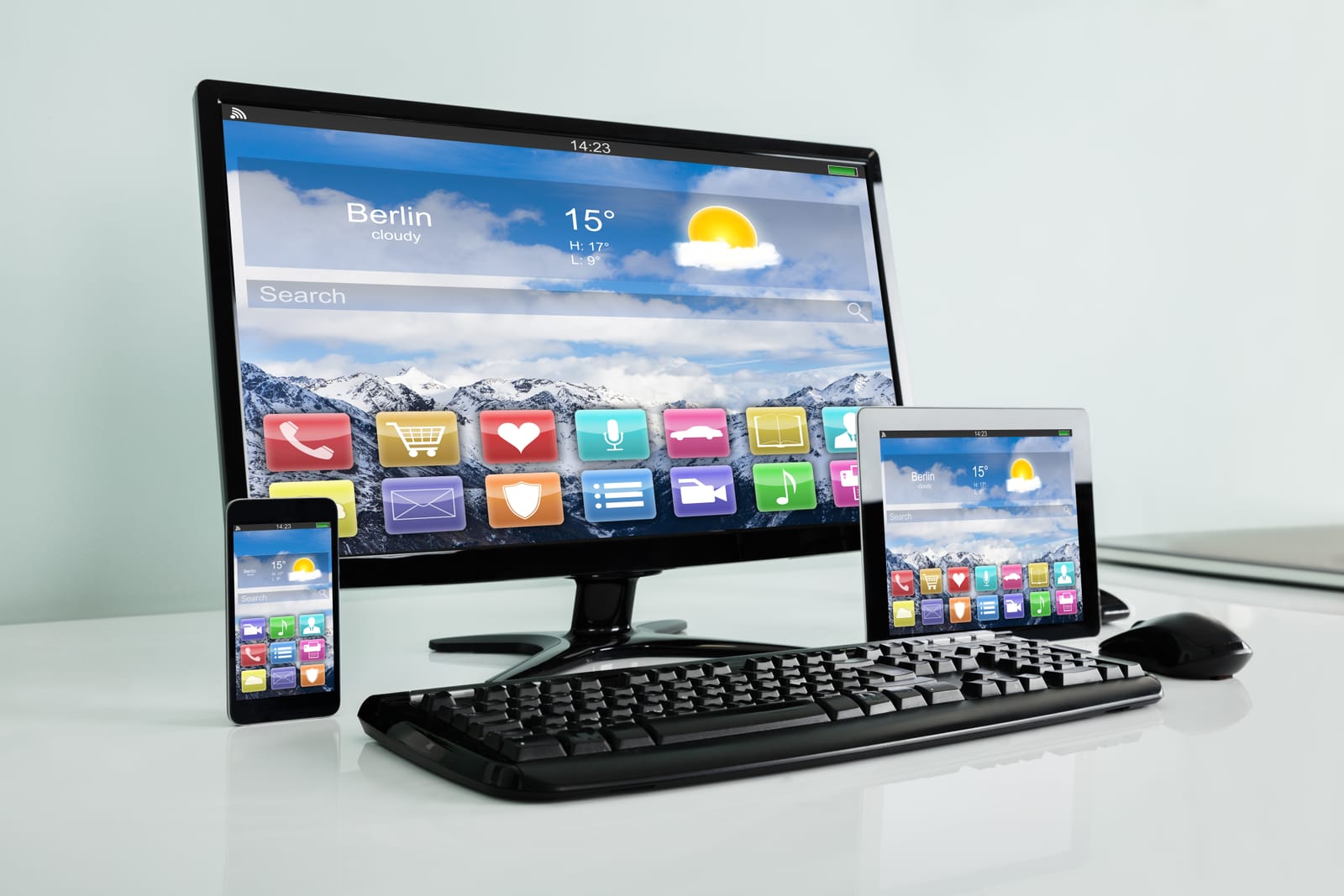The debate is older than most of the apps on your phone, but in 2025, it’s more relevant than ever. Laptops are thinner and lighter than ever before, while tablets have become so powerful and capable that they’re marketed as true laptop replacements. The lines are officially blurred, leaving many of us stuck in the middle.
So, when it’s time to spend your hard-earned money, which device is the right tool for the job? This guide breaks down the essential differences to help you choose with confidence.
Round 1: Portability & Convenience
For pure grab-and-go convenience, the tablet is the undisputed champion. It’s typically lighter, thinner, and boots up instantly. It’s the perfect device for pulling out on a cramped airplane, reading on the couch, or quickly showing a presentation to a client. While modern ultrabooks are incredibly portable, they can’t match the minimalist form factor of a tablet.
Winner: Tablet
Round 2: Productivity & Multitasking
This is where the laptop still holds a commanding lead. If your work involves extensive writing, complex spreadsheets, or managing multiple windows and applications simultaneously, a laptop’s integrated physical keyboard and precision trackpad are essential. Furthermore, desktop operating systems (Windows and macOS) offer far more robust file management systems—a seemingly small detail that becomes a massive headache on a tablet when you’re juggling dozens of files and folders for a project.
Winner: Laptop
Round 3: Software & Ecosystem
This round is more nuanced. Tablets, running mobile-first operating systems like iPadOS and Android, have an incredible ecosystem of touch-optimized apps. For tasks like digital drawing, photo editing, and media consumption, the app experience on a tablet is often superior.
However, laptops have access to the full-powered desktop versions of professional-grade software. If you need specific applications for programming, engineering, video editing, or scientific analysis, a laptop is not just preferable—it’s often required.
Winner: Draw (Depends entirely on the software you need)
Round 4: Price & Value
It’s a common misconception that tablets are always the cheaper option. A base-model iPad or Android tablet is indeed affordable. However, once you purchase the high-end model and add the necessary accessories—a keyboard case and a stylus—the total price can easily exceed that of a very capable mid-range laptop. You must compare the full, accessorized cost of a tablet to the all-inclusive cost of a laptop.
Winner: Laptop (for all-in-one value)
The Verdict: Which One Is for You?
Forget the marketing. The best way to decide is to honestly assess your primary needs.
You should buy a TABLET if:
- You prioritize media consumption (Netflix, YouTube, reading).
- You are a frequent traveler who needs maximum portability.
- Your work is primarily creative and touch-based (digital art, photo markup).
- It will be a secondary device to complement your main computer.
You should buy a LAPTOP if:
- You type thousands of words per day for work or school.
- Your workflow depends on specific desktop software (e.g., the full Adobe Creative Suite, programming IDEs).
- You frequently work with multiple windows, files, and monitors.
- This will be your one and only primary computer.
In 2025, the choice between a laptop and a tablet is less about which is “better” and more about which is better for you. By focusing on your daily tasks rather than specs, the right answer becomes much clearer.

